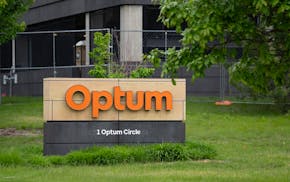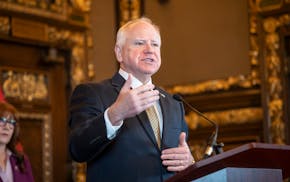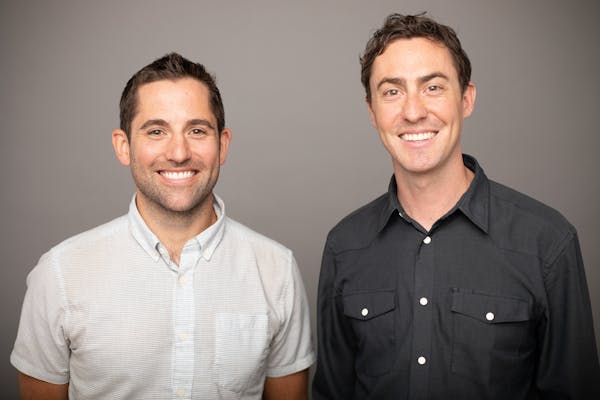To innovate, medical technology startups need money — something that's now much harder to come by than a year ago.
2021 was the busiest on record for new public offerings, or IPOs, but investment capital has since made an about-face. Amid tumbling markets, investors have become stingier with their money.
Company valuations have declined and the outlook of new financing is much cloudier for medtech and biotech firms. Importantly, this could slow the pace of life-changing medical innovations for patients.
Last year it seemed money was everywhere, with cash flowing into all segments of health technology, including medtech, biotech, digital health, pharmaceutical and insurance companies. Pitchbook, which tracks venture capital investing, called it "the great venture capital gravy train of the 21st century."
Silicon Valley Bank reported that venture capital investment in U.S. and European health care companies hit an all-time record of $86 billion in 2021. Investment peaked in the second quarter and started its descent throughout the back-half of last year.
This year, SVB is projecting $64 billion in health care venture investing — down about 25%.
"Like in other sectors, the medtech financing environment has changed dramatically from where it was a year ago," said Kirk Nielsen, managing partner of Edina-based Vensana Capital, a venture capital fund focused on health care and medical technology investments.
"Investors still have a lot of capital to deploy," he said, "but they are being more discriminating."
Minneapolis-based Invenshure bills itself as a "venture studio" and is backed by approximately 150 investors. It creates, helps finance and launch companies in the biotech and health care technology sectors, said Danny Cunagin, one of Invenshure's two CEOs.
"Obviously the world has changed," Cunagin said. "I think what that's really done is changed the public market more than the private market."
At the beginning of June, Invenshure launched MEKanistic Therapeutics, which is working to develop a drug that can shrink cancer tumors. Cunagin is serving as chief executive of MEKanistic.
The company plans to raise $5 million this year, as it works toward Investigative New Drug (IND) approval from the Food and Drug Administration, Cunagin said, which he expects will come from existing Invenshure investors.
Next year, however, is a different story. MEKanistic will need to raise $30 million to $40 million as it looks to start Phase 1 clinical trials, he said. Cunagin said potential investors are less willing to gamble in the current environment; they want to see bulletproof pitches from company founders.
"I think that your fundamentals have to be really solid, your team has to be really solid," Cunagin said.
Nielsen, a veteran medtech investor, said deals are still getting done even as investors are raising their standards.
"High-quality companies will continue to find support, but some of the options that were available over the past few years — IPOs, SPACs, private mega-rounds — will be harder to come by," Nielsen said.
In Minnesota, 2022 actually started off strong. Medical Alley tracked $475 million in private capital investment in 29 companies during the first quarter — the strongest first-quarter showing since the association began tracking the numbers in 2009.
But those numbers were driven by a handful of later-stage deals. Just three investments counted for more than half of all money raised: $125 million for Saluda Medical, $75 million for Gravie and $50 million for Nuvaira.
"If there's money out there, then it's got to get deployed somehow," said Frank Jaskulke, vice president of intelligence for Medical Alley. "There's always capital for truly great companies."
Bloomington-based Visura Technologies started raising money for its Series B financing round in March. Christine Horton, CEO of Visura, said the company is looking to private accredited investors, not venture capital funds.
"It's a bit of a challenging time, certainly," said Horton.
She declined to disclose how much Visura is trying to raise.
Horton said investors are asking some tougher questions of company leaders such as, "Can you really make it through the next two years?"
Visura makes a disposable camera that helps doctors perform safer intubations for heart procedures.
"I get the sense that there's still money out there," Horton said. "They're just being smart about where they're deploying it."

Delta hiked fares for solo travelers, until Twin Cities travel experts caught the change

In first speech back, UnitedHealth's new CEO pledges to review hot-button issues

A child had measles at Mall of America, concerning state health officials who don't know source

Ramstad: Gov. Walz, things are not getting done in Minnesota

